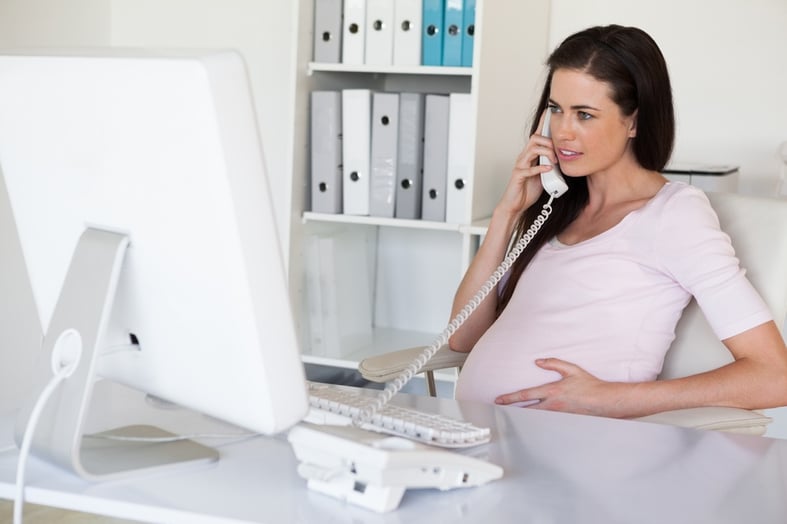
No matter which way you get pregnant, whether naturally or through IVF, you have rights. Although there are no statutory rights for employees to stay off work while undergoing IVF treatment, once you’re pregnant, all your rights are exactly the same as any other woman who has conceived naturally.
Pregnant employees have four main legal rights:
- Paid time off for antenatal care
- Maternity leave
- Maternity pay or maternity allowance
- Protection against unfair treatment, discrimination or dismissal
A woman undergoing IVF is treated as being pregnant after fertilised eggs have been implanted. If the implantation fails, the protected period, during which a woman must not be treated unfavourably, ends two weeks later.
Telling your employer
Employees must tell their employer about the pregnancy at least 15 weeks before the beginning of the week the baby is due. If this isn’t possible (because they didn’t know they were pregnant), the employer must be told as soon as possible.
Employees must also tell the employer when they want to start their Statutory Maternity Leave and Statutory Maternity Pay.
Health and safety
Once you’ve told your employer in writing that you’re pregnant, they will need to check your job for any health and safety risks to you or your baby. They’ll inform you about anything they find, such as:
- Long working hours
- Standing or sitting for a long time without a break
- Heavy lifting or carrying
- Exposure to toxic substances
When discussing health and safety with your employer, let them know of any advice you’ve had from your doctor or midwife and let them know if there’s anything in particular about any aspect of your job that you’re worried about.
Sick pay while you’re pregnant
You’re entitled to sick pay if you get sick when you’re pregnant. Getting sick pay could affect your maternity pay, this is because your first six weeks of maternity pay is 90% of your average pay during an eight-week ‘qualifying period’. Make sure you read up about getting sick pay when you’re pregnant and speak to your employer for more information.
Pregnancy-related illness
Maternity leave and Statutory Maternity Pay will start automatically if the employee is off work for a pregnancy-related illness in the four weeks before the baby is due.
Free prescriptions and dental care
All prescriptions and NHS dental treatment are free while you are pregnant and for 12 months after your baby’s due date. To claim free prescriptions, ask your doctor or midwife for a form and send it to your health authority.
You’ll be sent a maternity exemption certificate that lasts for 12 months after your due date. You must have a valid exemption certificate to claim free prescriptions and dental care. You’ll find more information about this on the GOV.UK site.
Do you know what’s fact and what’s a myth when it comes to preparing to pregnancy? Try our quiz to see if you’re a Maternity Mastermind. You’ll also get a free downloadable factsheet full of useful advice.





